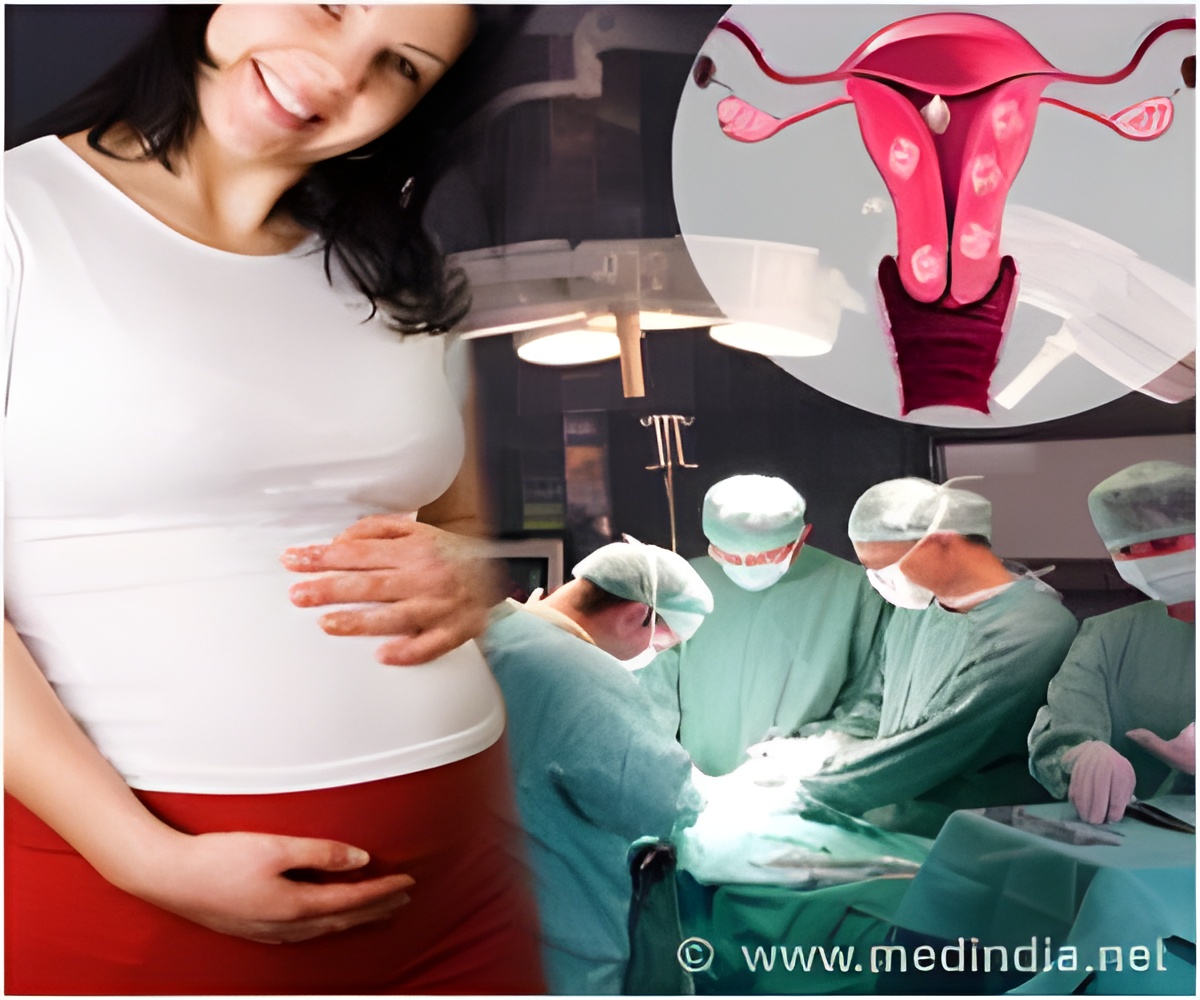Egg Donation is a term commonly used to refer to the contribution of her eggs by a woman to another, who lacks the ability to produce her own.

………….. Lin Yutang Mother hood has been eulogized, since the time of eve, as the symbol of abysmal and unconditional love. It is that exclusive privilege of damsels, which sees them being transformed from a 'mere' woman to a mother. The entire world glorifies motherhood but in certain parts of the globe, the societal demands on a woman to bear a child far exceeds her personal desire. However, of late this exalted state of being a woman has taken a back seat, with more and more members of the fairer sex showing a keen interest in climbing the career ladder. The biological clock, nevertheless, ticks away and a good number of them are compelled to depend on donated eggs to experience the magic of motherhood.
'Egg Donation' is a term commonly used to refer to the contribution of her eggs by a woman to another, who lacks the ability to produce her own. Most often infertility in a woman is the result of her impaired ovaries, while in some the egg quality is compromised. These women who are donees, are heavily dependant on donor eggs to realize their dream of bearing a child.
Although egg donation began as a noble and altruistic gesture to elevate an infertile woman to the status of a mother, it has recently evolved to encompass the donation of eggs for research. Somatic Cell Nuclear Transfer is a technology that uses unfertilized human eggs to produce patient-specific embryonic stem cell lines. This method is mainly employed in therapeutic stem cell research to find cures for innumerable diseases.
The young and the nubile are in demand as egg donors. The most sought-after donors are the ones between the ages of 21-30 years. Those with above-average height, good looks and talent are in huge demand in the case of egg donation for reproductive purposes. Matching is usually done along the lines of ethnicity, skin, eye and hair color, height and body-build. The donor remains anonymous in the vast majority of cases, while in some they may be a friend or a relative.
A donor has to undergo physical and gynecological examinations prior to selection. Protocol requires her to re-schedule her life, in order to meet the demands of the procedure. Once selected, fertility drugs are injected into her for 2-3 weeks inducing her to grow and release several eggs all at once. The eggs are retrieved from the 'egg factories', the ovaries, through a minor invasive procedure using an ultrasound probe and needle. Here the role of the donor comes to an end. These eggs are then taken to the laboratory and mixed with the intended father's sperm. This is followed by a period of incubation. If fertilization ensues, the resulting embryos are transferred into the donee's uterus.
Those who suffer from mental illness or stress should not undertake egg donation. The donor must be aware of the health risks that are associated with the procedure. Fatality has been reported and approximately 0.5-5% of those undergoing the procedure are known to suffer from side effects. The donor should completely understand all the nuances of the procedure, before signing the informed consent. Despite being the genetic parent, the donor has no parental rights or responsibilities towards the offsprings generated from her donated eggs. Perhaps, donating eggs for reproduction is more emotional, as the donor does not get to see the offspring.
Several countries, such as the USA and UK have formulated their own 'egg sale' policies. In the USA women may donate towards both reproduction and research, as the government supports research using human eggs. However, the donors who contribute eggs for the purpose of reproduction are paid exorbitantly, while those who donate their eggs for research are barely reimbursed. Policy makers content that this disparity is to prevent exploitation of women who belong to certain ethnicity, color and financial background. Egg donation is an intrusive and a time-consuming procedure and basic etiquette demands that the donor is adequately compensated. However, care must be taken to avoid exploitation of the donors by swaying their judgment through brazen monetary display.
There is a dearth of human eggs globally for reproductive purposes and embryonic stem cell research. In India, fertility medicine is a lucrative enterprise with almost all cities boasting of several ART centers. With severe regulations crippling the availability of human eggs in the west, fertility centers the world over are looking for donated eggs from India and other Asian countries. The deadly combination of burgeoning ART centers, lack of a streamlined approach, the pressures of demand and a gullible population that is financially challenged, may ensure the commodification of human eggs in this 'kidney belt' of the world.
'To every child a family and to every family a child' is a noble notion that need not necessarily take shape within the confines of an embryology lab. Although it is every human’s right to parent a child, in a country like India with its teeming orphans, childless couples must be encouraged to consider alternatives to IVF, like adoption. After all it is aptly said that 'every child is a gift - from God'!











